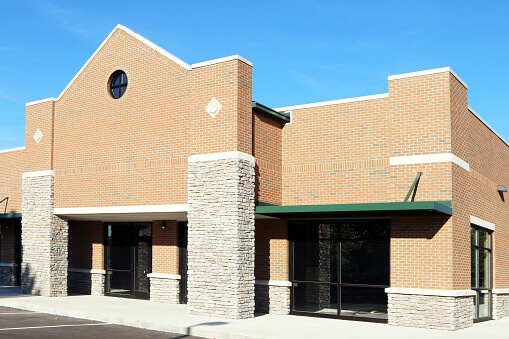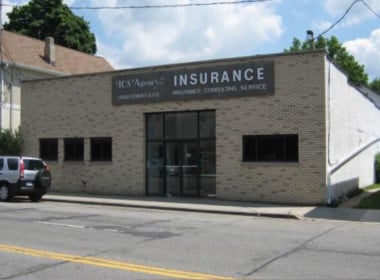Determining if a Triple Net Lease is Right for your Company
- September 20, 2017
- investing in commercial real estate, Commercial Lease Negotiation, Commercial Leasing, real estate investing
- 0

When a business moves into a commercial property, the landlord has the option to negotiate several different kinds of leases with them. One in particular, the triple net lease, is a commonly used type. However, if you aren’t a real estate professional, it might be difficult to determine if this lease is truly the best option for your situation. Therefore, before you sign anything, make sure to check out what it does (and doesn’t) encompass.
What is a Triple Net Lease?
A triple net lease, sometimes called a triple N, is an agreement between the landlord and tenant that outlines who will be paying what, in terms of the commercial property’s expenses. With this type of lease, besides rent, the tenant is on the hook for any costs related to building maintenance, insurance and property taxes.

How a Triple Net Lease Works for Landlords and Tenants
Savings Potential
At first glance, it appears as if the commercial property’s tenant is in a much more demanding situation than the landlord since pretty much all costs related to the property are put on their shoulders.
However, to account for the added financial accountability on the property, in most cases, the rent will be much lower than with gross and percentage leases. However, these costs don’t necessarily need to break the bank.
For instance, some newer and well-kept buildings are in such great condition that they hardly ever need any type of repair or maintenance. These costs can usually be avoided if you choose a building that is in good shape or just generally keep damage to a minimum.

Costs to Consider
Unfortunately, as the tenant of a triple net leased property, you have to pay your fair share of property taxes. And, since countless communities increase appraisals on commercial properties annually, you can always expect to spend more each year.
If your landlord contests the appraisal, your fees may be lowered. Although, the landlord isn’t the one footing the bill, so they may not have the time and resources to contest it. However, if your business decides to pick up and move, the taxes would then become your landlord’s responsibility.
Furthermore, the tenant will also be asked to pay any related insurance on the property, as well as deductibles on any potential uninsured damage.

Creative Control
If you work for a company that regularly hosts clients and customers, it’s extremely important that you have creative control over the property, so you can design your aesthetic vision for the space. If you are left to abide by the landlord’s will, the property may not turn out how you want it to.
However, since you control maintenance and repair, you can usually design and alter the space in any way you choose. When you’re able to achieve your vision, the work space will be fully optimized for your work and industry.
If you’re looking for a new commercial property for your business, make sure you learn about every kind of lease opportunity to determine which is best for you!








